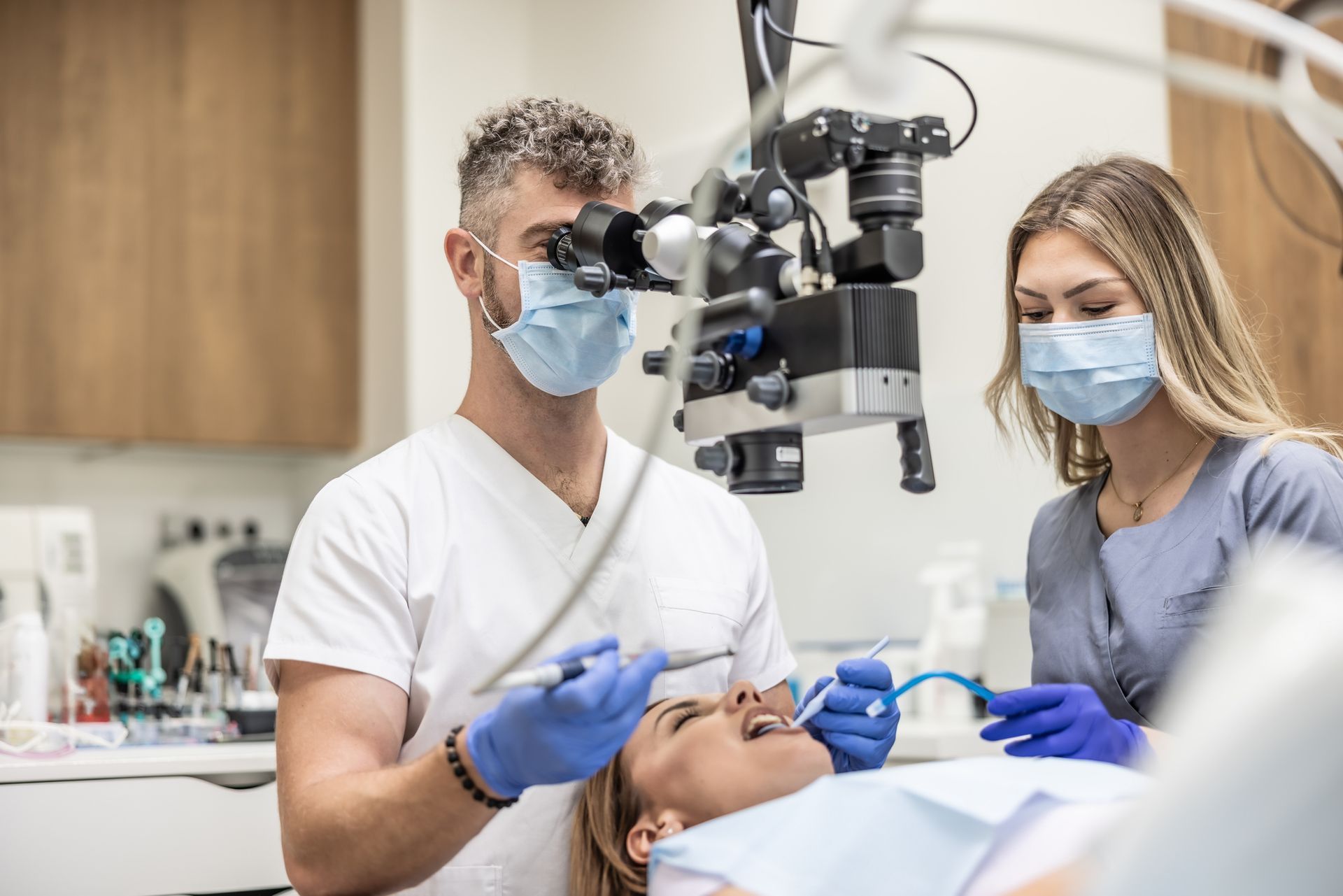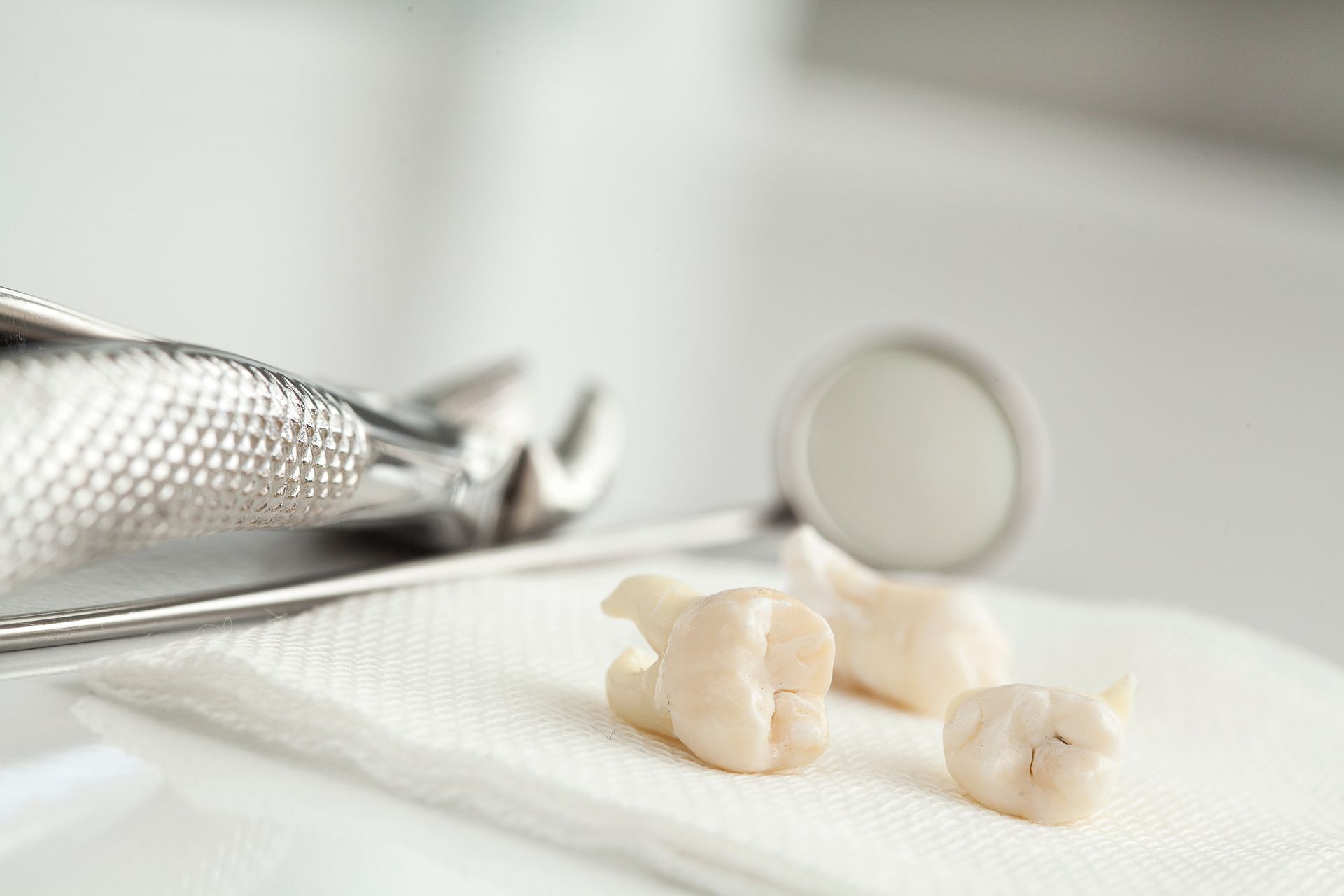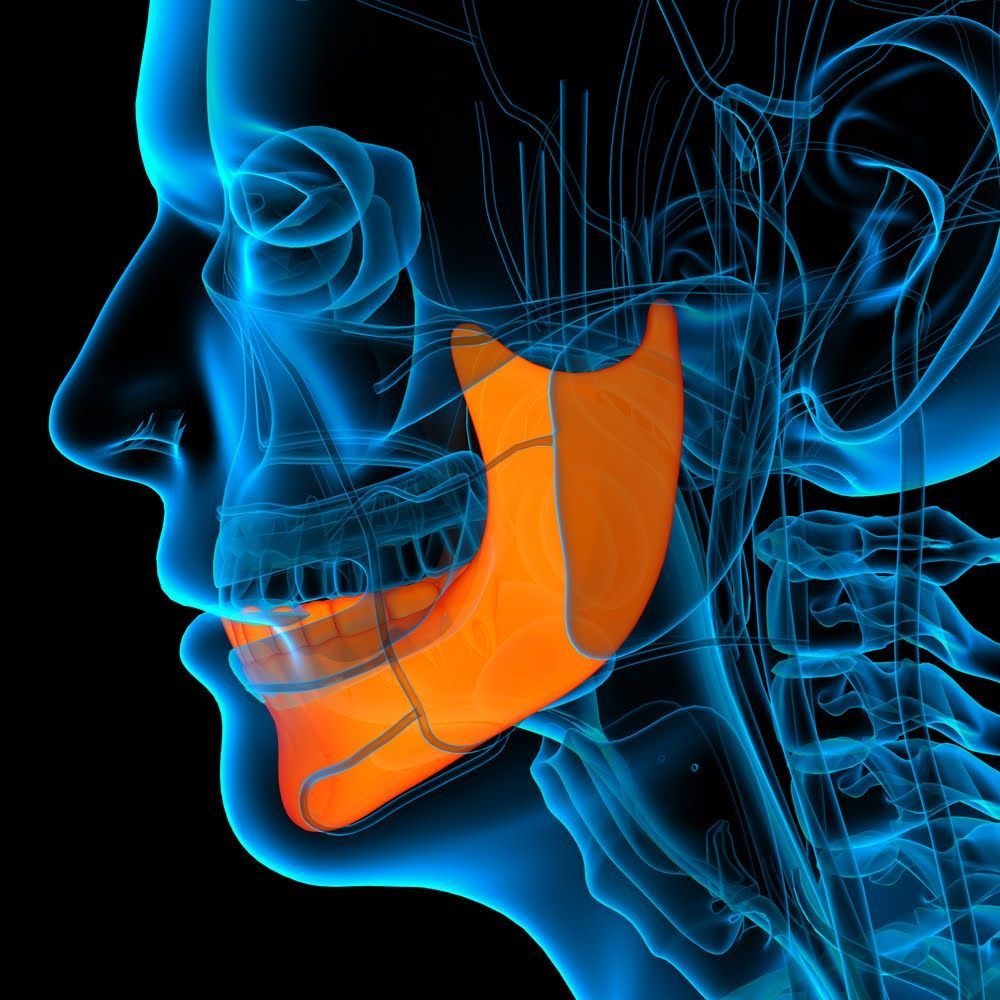Are You a Good Candidate for Dental Implants?
websitebuilder • May 14, 2020
Are You a Good Candidate for Dental Implants?

Dental implants can be a huge blessing since they restore functions for chewing and talking. With proper care, these restorations can last a lifetime. A lot of people qualify as candidates for this procedure as long as they're in good health. However, a few factors can affect candidacy. You'll want to talk with your dentist about your options and ask yourself the following questions to see if you might be a good fit.
Do You Have Sufficient Jaw Bone?
The key to an implant's success is having enough jawbone to support it. Unfortunately, when a tooth is lost, the jawbone can atrophy and decrease in density. Your natural tooth roots stimulate your jawbone and tell your body to create new cells so that you can maintain bone density. When there are no tooth roots, the body assumes that nutrients, like calcium, aren't needed in that area, so the body resorbs bone tissue.
The good news is that if you have poor bone density, jaw augmentation surgery can correct it. During this procedure, your dentist can take bone tissue from a donor or another place in your body — like the hips — and graft it into your jaw to build up the bone density. Once the graft has integrated, you and your dentist can discuss a possible implant surgery.
Do You Have Other Oral Health Issues That Need to Be Taken Care of First?
Unlike natural tooth roots, orthodontic work cannot shift implant posts. This means that if you want to get braces or other dental appliances to correct crooked teeth, you should consider getting that work done first before your implant surgery.
Besides orthodontic care, take a look at any periodontal care you might need. Gum disease can cause bone loss and chronic inflammation. Again, bone loss is not conducive to implant success. And chronic inflammation from gum disease can increase your risk of peri-implantitis. Peri-implantitis is an infection that causes gum tissue to loosen around implants, thus leaving bone and gums open to harmful bacteria.
Deep cleanings, like scaling and root planing, could also help you address your gum disease so that you could get an implant at a later date.
Do You Smoke?
Smokers are at risk for implant failure since they tend to heal more slowly. The ingredients in tobacco products cause blood vessels in your mouth to constrict. This means that when your body tries to recover, it can be harder for it to do so since vessels aren't able to efficiently deliver nutrients and oxygen to cells.
Some dentists are willing to operate on smokers as long as they temporarily abstain from smoking a few weeks before and after surgery. If you're a lifelong smoker and can't quit, then you and your dentist may want to discuss other alternatives.
Do You Have Chronic Health Conditions or Take Any Medications?
Unfortunately, some people have diseases that may make them slow healers. As previously stated, slow healing times make it difficult for the implant to integrate into the jawbone. However, some people may be able to have implant surgery if they manage their symptoms. For instance, if you have diabetes but your blood sugar levels are under control, your dentist may decide to go ahead with an implant surgery.
Maybe your health condition isn't a problem at all, but the medication you take for it is a problem. For example, some types of heartburn pills can slow bone growth and healing. If you and your dentist find an alternative medication, you may be able to still get an implant.
As you can see, while these factors may not make you a good candidate initially, your dentist can work with you to find solutions so that you could be a future candidate. Reach out to us at San Diego Center for Oral & Maxillofacial Surgery
for more information about dental implants.










